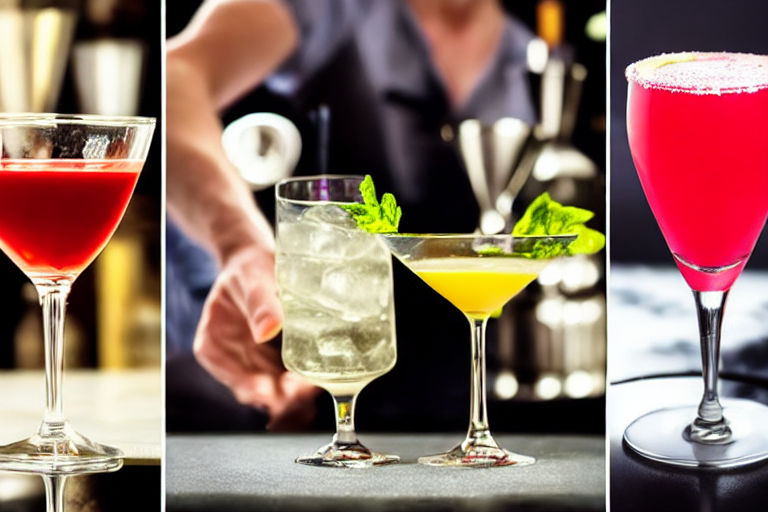Beyond Bourbon: discovering the world of Japanese whiskey
When it comes to whiskey, many people might first think of the classic Bourbon from Kentucky or the fiery Irish whiskey. However, in recent years, another kind of whiskey has surged in popularity around the world: Japanese whiskey.
The Rise of Japanese Whiskey
The history of Japanese whiskey can be traced back to the early 20th century. Inspired by the Scottish whiskey-making process, a handful of Japanese distilleries began producing their own versions of the beverage. However, it wasn't until the 2000s that Japanese whiskey began to gain recognition on a global scale.
One of the major turning points was when Nikka's 10-year-old single malt Yoichi won the "Best of the Best" award at the Whiskey Magazine Awards in 2001. Since then, Japanese whiskey has exploded in popularity, winning numerous awards and accolades around the world and becoming a must-try for whiskey enthusiasts.
What Makes Japanese Whiskey Special?
So, what sets Japanese whiskey apart from other kinds of whiskey? For starters, the climate and terroir of Japan play a big role in the unique flavor profile of Japanese whiskey. The country experiences a wide range of temperatures and humidity levels, which affects the aging process of the whiskey and gives it a distinct taste.
Another reason for the popularity of Japanese whiskey is the use of Japanese oak barrels, known as mizunara. These barrels are rare and expensive, but they impart a sweet, spicy flavor to the whiskey that is hard to replicate with other types of wood.
Finally, Japanese whiskey-makers are known for their attention to detail and dedication to the craft. Many of them employ traditional methods and techniques, such as using pot stills and incorporating a blend of malted and unmalted barley, to create a unique and complex flavor.
Must-Try Japanese Whiskeys
If you're looking to explore the world of Japanese whiskey, here are some must-try bottles:
- Hibiki Harmony: A blend of aged malt and grain whiskies from the Yamazaki, Hakushu, and Chita distilleries, with hints of orange peel, honey, and white chocolate.
- Nikka Coffey Grain: A smooth and mellow whiskey, with notes of tropical fruit, vanilla, and coconut.
- Suntory Toki: A blended whiskey with a light and clean taste, perfect for beginners.
- Yoichi Single Malt: A rich and smoky whiskey with a distinct peaty flavor.
Conclusion
Japanese whiskey might not have the same long history as its Scottish or American counterparts, but it has quickly established itself as a contender in the world of whiskey. From the unique climate and terroir to the expert craftsmanship of Japanese whiskey-makers, there are plenty of reasons to try a dram of Japanese whiskey and discover the flavors beyond Bourbon.



